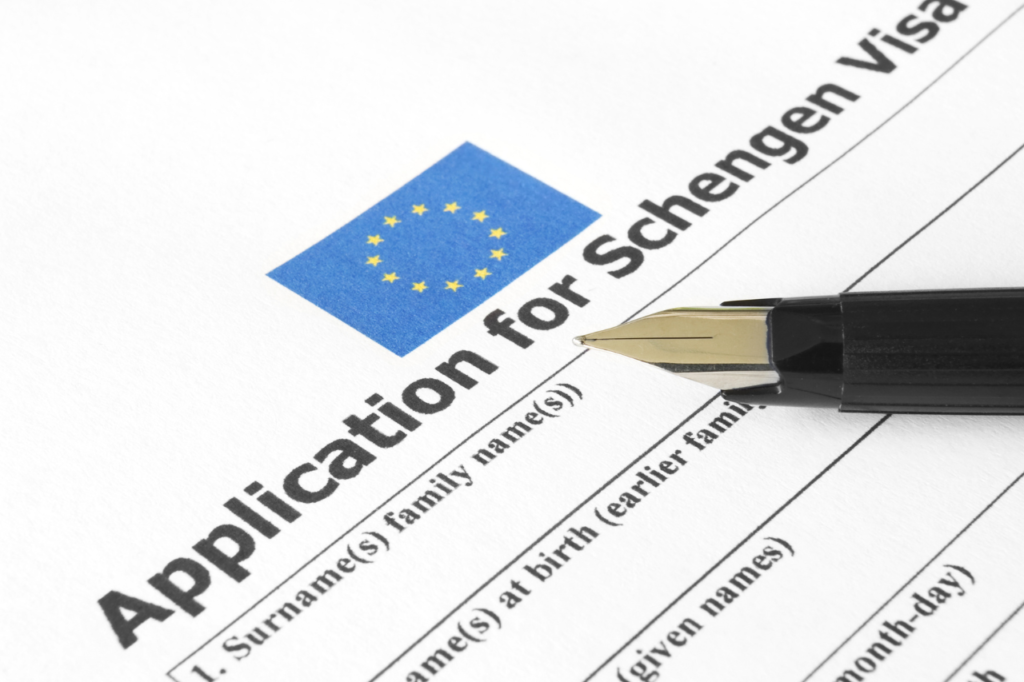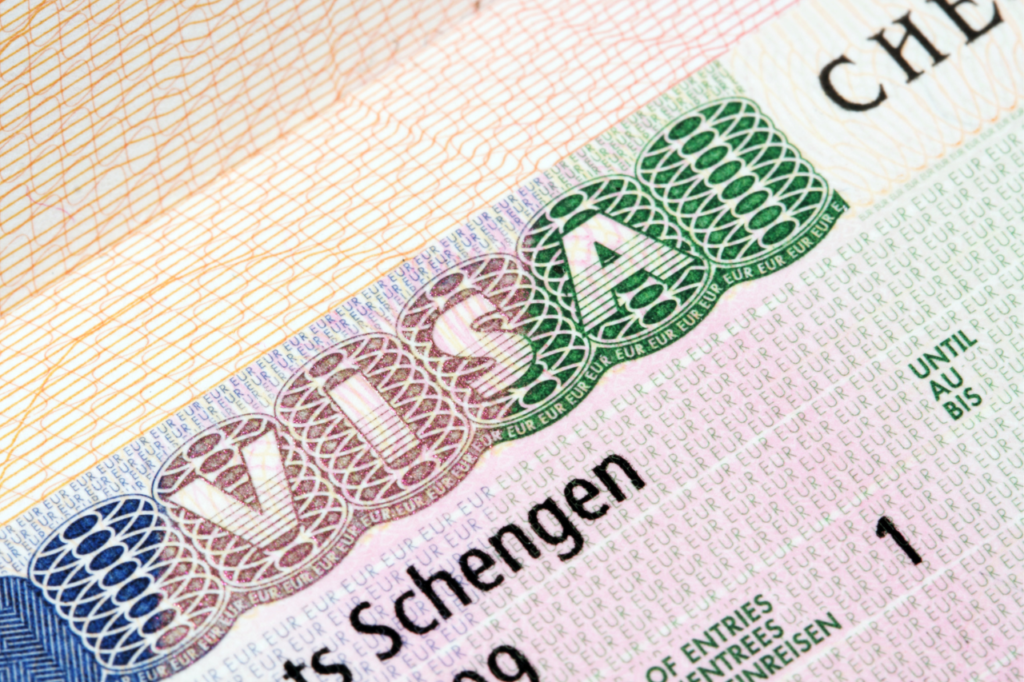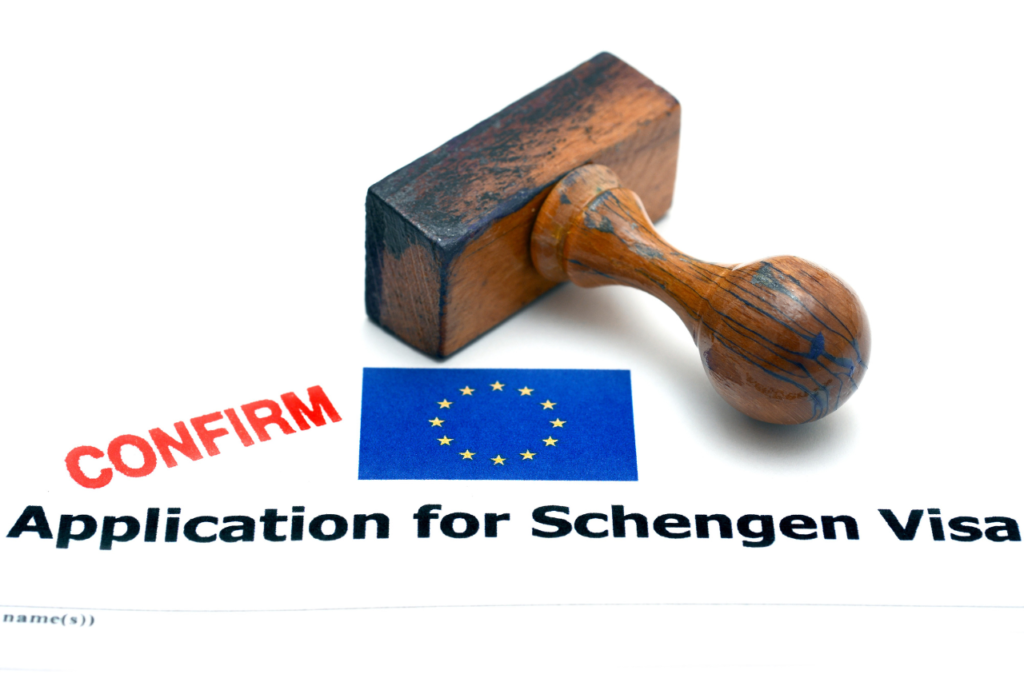Applying for a Schengen visa from the UAE involves several steps and specific documentation. This guide outlines the essential requirements, application process, and tips for residents looking to travel to the Schengen Area.
The UAE: A Hub of Global Travelers
UAE is not just a tourist place but also a destination for a business tripper as well. Also, the UAE residents are part of the world’s most frequent global travelers. For Schengen States, the UAE ranked among the top 15 countries with the highest number of visa applications in 2017, evidencing the positive expansion of its role on the world tourism map.
Visa-Free Travel for UAE Passport Holders:
From May 2015, the citizens of the United Arab Emirates became possessors of visa-free access to the Schengen Area which comprises 26 European countries. Such an advantage enables me to overcome the borders of the mentioned countries like Austria, Belgium, Italy, and Spain.
Upcoming Changes with ETIAS Visa:
Starting in 2024, UAE citizens will need to apply for an ETIAS (European Travel Information and Authorization System) visa before traveling to Europe. This new requirement underscores the importance of staying updated with travel regulations.
Document Requirements for UAE Citizens:
Even with visa-free privileges, UAE passport holders must present certain documents at European ports of entry, including:
- A valid UAE passport, with validity extending three months beyond the intended stay.
- Evidence of the trip’s purpose, like a tourist itinerary or business invitations.
- Proof of sufficient financial means for the duration of the stay.
Who Needs a Schengen Visa in the UAE?
While UAE citizens enjoy visa-free travel, certain cases still require a Schengen Visa:
- UAE passport holders who have faced prior visa-free entry refusals.
- Foreign residents in the UAE from countries that do not have visa-free agreements with the Schengen area or who have previously been refused visa-free entry.
Schengen Visa Application Requirements for UAE Residents
UAE residents planning to apply for a Schengen Visa need to prepare the following documents:
- Application Form: Fill out the visa application form accurately and sign it.
- Valid Passport: Your passport should be no more than 10 years old and must have at least three months of validity beyond your intended departure from the Schengen area.
- Passport Photos: Supply two recent passport-sized photographs that comply with Schengen visa photo requirements.
- Residence Permit: Include a copy of your UAE residence permit valid for at least three months after your planned exit from the Schengen area.
- Travel Itinerary: Provide a detailed flight itinerary indicating your entry and exit plans from the Schengen zone.
- Cover Letter: Draft a cover letter that outlines the purpose of your visit, the countries you will visit, the duration of your stay, and other pertinent details.
- Proof of Accommodation: Show where you will stay during your visit by providing hotel bookings, rental agreements, or an invitation letter from a host.
- Proof of Financial Means: Demonstrate your financial ability to support yourself during your stay with bank statements, sponsorship letters, or both.
- Travel Insurance: Obtain travel health insurance covering at least 30,000 euros, including medical emergencies and repatriation in case of death.
Ensuring that these documents are correctly prepared and presented will help streamline your visa application process.
How to Apply for a Schengen Visa in the UAE
Applying for a Schengen Visa from the UAE requires a few key steps:
Determine the Embassy/Consulate:
, find out which embassy or consulate you need to apply to. This depends on your main destination within the Schengen Zone or the country where you will spend the most time.
Schedule an Appointment:
Once you know where to apply, book an appointment at the relevant embassy, consulate, or visa application center.
Attend the Visa Interview:
Bring all required documents in the correct order for your visa interview.
Wait for a Response:
After your interview, the embassy will process your application. This includes security checks via systems like the Visa Information System (VIS) and the Schengen Information System (SIS). Typically, the processing time can be up to 15 days.
Schengen Visa Fees:
- Adults: AED 340 (EUR 80)
- Children (6-12 years): AED 170 (EUR 40)
- Children under 6: Free
- Diplomatic/service passport holders and family members of EU/EEA nationals: Free
Where to Apply:
When you want to apply for a Schengen Visa in the UAE, here’s what you need to know about where to go:
- Find the Embassy or Consulate: Most Schengen countries have an embassy in Abu Dhabi and a consulate in Dubai. Choose the location that is most convenient for you.
- Check the Application Process: Some embassies or consulates take visa applications directly. Others use special service companies to handle them. You should look at the website of the embassy or consulate for the country you want to visit to find out how they want you to apply.
For detailed information on where to apply for your Schengen Visa, refer to the specific locations that handle visa applications for various Schengen member states in the UAE:
- Austria
- Belgium
- Czech Republic
- Denmark
- Estonia
- Finland
- France
- Germany
- Greece
- Hungary
What are the common reasons for Schengen visa rejections for UAE residents?
UAE residents applying for a Schengen visa may face rejection for several common reasons. Understanding these can help applicants avoid pitfalls and improve their chances of approval. Here are the primary reasons for Schengen visa rejections:
Common Reasons for Rejection
Inadequate or False Documentation:
Submission of incomplete, inaccurate, or falsified documents is a leading cause of denial. This includes missing information in the application form or providing counterfeit supporting documents, such as bank statements or hotel reservations.
Insufficient Financial Means:
Applicants must demonstrate they have enough financial resources to support themselves during their stay. Failure to provide adequate bank statements or proof of income can lead to rejection.
Lack of Travel Insurance:
Comprehensive travel insurance covering medical emergencies and repatriation is mandatory. Not providing valid insurance that meets Schengen requirements can result in a visa denial.
Weak Ties to Home Country:
Visa authorities assess an applicant’s ties to their home country to determine the likelihood of returning after the visit. Insufficient evidence of employment, property ownership, or family commitments can raise concerns.
Unclear Travel Purpose:
Applicants must clearly state the purpose of their visit (tourism, business, etc.) and provide relevant supporting documentation. A vague or inconsistent travel itinerary can lead to doubts about the applicant’s intentions.
Previous Visa Violations:
A history of overstaying or violating visa conditions can negatively impact future applications. Authorities scrutinize past compliance with visa regulations when assessing new applications.
Criminal Record or Security Concerns:
Applicants with a criminal record or those flagged for security issues may face automatic rejection as Schengen countries prioritize safety.
Previous Visa Rejections:
A record of prior visa refusals can raise red flags for immigration officials, making it essential for applicants to address any issues that led to past denials in their new applications.
Damaged or Invalid Passport:
Submitting a passport that is damaged, expired, or does not meet specific validity requirements (e.g., less than three months remaining) can lead to rejection.
Insufficient Proof of Accommodation:
Applicants must provide confirmed accommodation arrangements, such as hotel bookings or an invitation letter from a host in the Schengen area. Lack of such documentation can result in denial.
By being aware of these common reasons for rejection, UAE residents can take proactive steps to ensure their Schengen visa applications are complete and compelling, thus enhancing their chances of approval.
Ensure that you follow the guidelines and provide all necessary documentation to smoothly navigate the Schengen Visa application process in the UAE. Safe travels on your European adventure!
How Law and Visas Can Help?
At Law and Visas, our team of expert immigration consultants is here to make your travel to Ireland for business straightforward and successful. Whether you’re applying for a Business Visa or a Schengen Single Entry Visa, we handle every step—from preparing your application to gathering the required documents.
Our immigration lawyer consultants and Lawyers ensure that your application meets the highest standards, with no details missed. We’ll also keep you informed throughout the process and coordinate with the immigration office or embassy on your behalf.
Law and Visas has a strong record of helping clients secure the visas/permits they need to do business in Ireland. Call us today at +234 812 5505 986 to learn how we can assist you.





